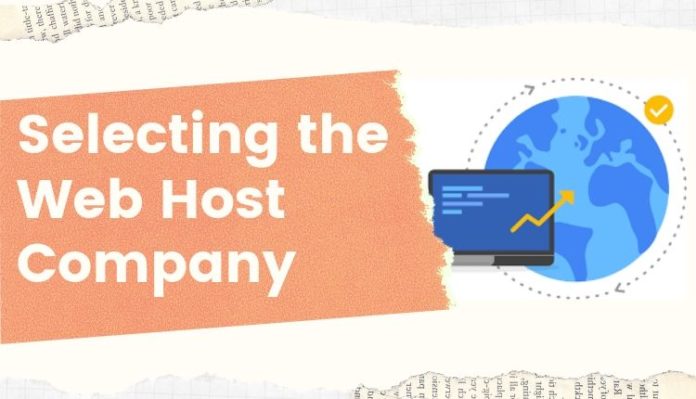Benjamin Gordon Coronavirus has ravaged the startup landscape but many logistics unicorns are still holding on, due in part to their logistics-focused nature. Specifically, last-mile delivery companies such as DoorDash, GrubHub, Postmates, Uber Eats. And InstaCart remains in operation through the crisis, providing the essential food delivery services as the world practices social distancing. These companies have implemented enhanced precautions to protect both couriers and customers. DoorDash, for example, has started an assistance program to benefit couriers diagnosed with or quarantined for COVID-19. Additionally, the company has added options for contactless delivery. Though this has proved challenging, DoorDash is continuing to improve this system.
CEO of Cambridge Capital
Companies like these share a common focus on powerful logistics, which Benjamin Gordon— experienced CEO of Cambridge Capital. A private equity investor in transportation, logistics, and supply-chain technology businesses—cites as a key success driver. Gordon believes the world is “entering the third wave of value creation in logistics and supply chain.” He continues. “In sum, we are entering a phase where logistics is more important than ever. You need to know about supply chains if you work in business if you use technology. If you care about the economy, if you invest, or if you simply want to understand your world. Logistics has become intertwined with everything we do.”
These booms for last-mile supply-chain companies are in part due to the so-called Amazon Effect, the result of Amazon’s success. As a company that not only promises quick delivery time but also follows through. According to research from Cambridge Capital, the Amazon Effect drives new supply chain models. And has produced a 23% growth in the $10 billion same-day/last-mile market.
Benjamin Gordon Speaking more about the Amazon Effect and Amazon’s recent Whole Foods acquisition, Gordon says, “They are pursuing what’s called frictionless commerce. When you order an item. They want you to receive it as quickly as possible so that you can gain instant gratification. What if you could have a fleet of messengers ready to deliver your goods immediately using every Whole Foods store as a launching pad?”
Adapt To COVID-19 Conditions
Additionally, these last-mile delivery services are doing their part to adapt to COVID-19 conditions. DoorDash, GrubHub and Postmates have reduced or waived their commission fees, and UberEats has waived its delivery fees. With the future of the global economy in limbo, companies have also set up relief funds dedicated to keeping their couriers protected as well. As demand for delivery increases with the severity of the coronavirus pandemic, these last-mile food delivery couriers are at the front lines of these supply chain companies.
“We see the first topic, last-mile logistics, as a crucial battleground,” states Gordon. “Every eCommerce company needs a last-mile solution, not only to compete with Amazon but also to address the evolving customer expectation for same-day fulfillment. This produces opportunities in logistics, technology, and a host of related services.” Gordon’s statement is ever-important in the midst of these turbulent times. As the tastes of consumers change in this fast-transforming landscape, supply chain companies follow suit and adapt in turn.


















